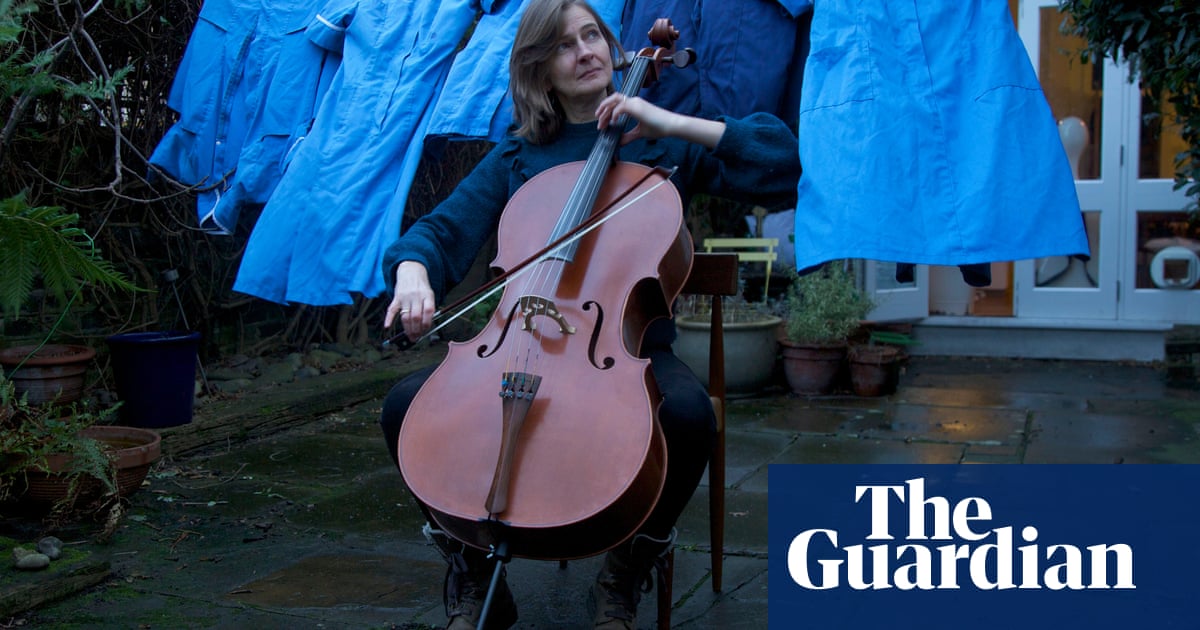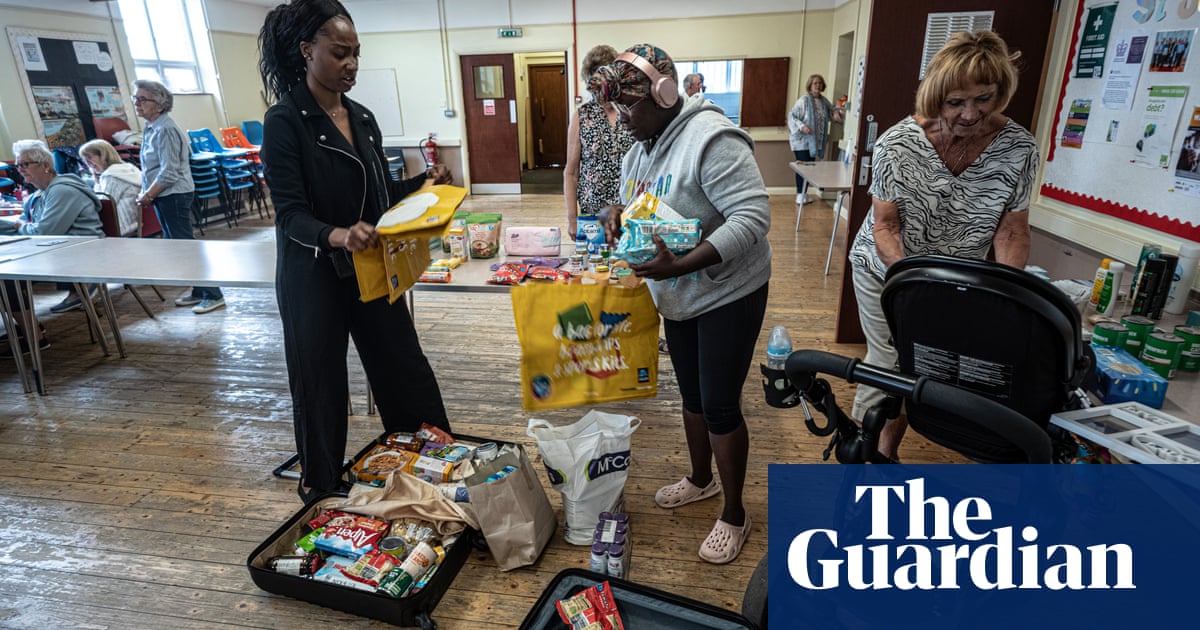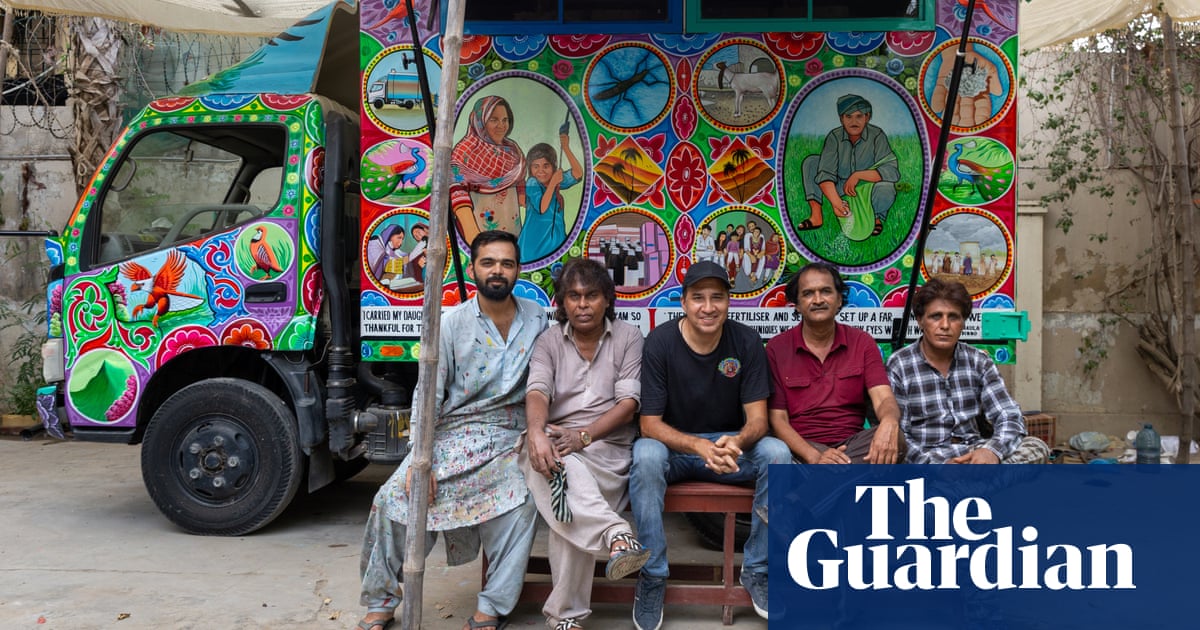
Most of the urns carrying ashes on the flight came from three east coast states – New York, New Jersey and Connecticut– and nearly half were destined for the state of Puebla, the home that many Mexicans had not returned to for years while they were working in the US.
Two days later the families of the dead lined up to receive the ashes, which had been transported from the capital all the way to the state government’s palace, Casa Aguayo in Puebla City. Government officials placed flowers on top of the boxes covered in black cloth while family members remained in the palace waiting for their names to be called.
It was there that Germán Ortiz, a journalist from Puebla, found himself on the other side of the cameras, while receiving the ashes of his brother, Arnulfo Huerta Trinidad, who died on 19 April. His family gathered in the city of Atlixco to pray for his soul after their two-month struggle to get him back.
Final farewell
Arnulfo Huerta Trinidad, 56
Arnulfo Huerta Trinidad lived in the US for more than three decades. He had left Mexico at 25, with the aim of of finding better opportunities for his family. Arnulfo was one of nine siblings, half of whom live in Atlixco, Puebla, and the other half in Brooklyn, New York.
Vicenta Morales, his mother, remembers him as independent and playful. “When he came home, he cooked, washed the clothes, he didn’t let me do anything. He spoiled me,” she said.
Most of his relatives in Brooklyn had caught the virus at some point, but when Arnulfo headed to Bellevue hospital one week after one his brothers had recovered, it was for a different reason: he needed medical certification that he could keep working after a foot injury.
When he arrived, he collapsed, inexplicably, inside the hospital. Five days later, he was dead. The process was exhausting. His family had to cover all the funeral expenses, which rose to $9,400 (£7,300) and time was short. “The problem was that he died in the hospital and it is in an area in which they have to stay for 14 days to claim him. If not, from there [the body] goes to another area. If the bodies are not claimed there either, they go to the mass grave. During that time the family has to get a funeral home,” says Germán .
It took weeks of negotiations for the family to receive his ashes, after they learned that transporting the body back to his homeland would not be an option. Even his ashes needed special clearance.
The day after the official ceremony, the rezandera who had been hired to pray aloud repeated the verses of the rosary while Vicenta, who had been checking on everyone, finally sat down to rest. Germán tried to position his phone so his brothers in Brooklyn could follow the prayers.
As the sorrow of losing one her sons hit her, Vicenta began to cry on on the shoulder of one of her sons, Gerardo Huerta. But when the ceremony ended, a peace seemed to fill the house. “I feel happier and relief my son is here,” she said.
The family passed coffee, tea and bread around the table, and remembered the time they had spent with him.
Arnulfo now rests in peace, in the land where he was born, while his family takes care of him and his memory.
The reunion that never was
Juan Pedro Martínez Chichil, 36
The remains of many victims of Covid-19 rest where they spent their final years.
From a young age, life required Juan Pedro Martínez Chichil to be responsible, after his father, a rail car loader, had three major operations. Juan learned to keep an eye on his younger brothers, while his mother, Mercedes, a nurse, took care of his father.
Remembering Juan, his father Pedro Martínez said: “He was loving with his brothers but also tough with them. That boy took care of his brothers, heated their food, and ate with them … but he did not let them get away with any big pranks.”
When Juan was 19, he moved with his family to Cholula, Puebla, where his mother’s father lived and with whom she was reunited after decades apart. Two years later Juan went to the US. When he said goodbye, he did not know it was the last time he would see his homeland.
The family kept in touch through video calls until a younger brother, Javier Martínez, got a call from Juan saying: “I can hardly speak, so this call is going to be very brief, but I have to tell you that I suspect I’ve got Covid-19. I went to do the test with my [partner] today and in the next two days they’ll give us the results. I just want you to know.”
When the results came back, he tested positive, as did his partner and eldest son. His family was unable to support him in hospital because of travel restrictions. Fifteen days later, Juan passed away.
“Distance prevents you doing so many things,” Javier said.
When the time came for his funeral, they left the choice to his partner and children. There was a mutual understanding that they should leave Juan on American soil.
The Martínez family had planned the reunion of a lifetime this year when Juan and his partner were due to be married.
Instead, they bought an urn for Juan, which sits empty next to his mother’s ashes in Cholula. Eventually, they will send the urn to Stockton, California, and still hope to meet Juan’s family in the US.
Thousands of people leave their homes in Mexico and other countries each year to start over. Some are lucky enough to meet their life partners and build a family. Many hope to go back home one day.
As the traditional Mariachi song written by Chucho Monge says: “Beautiful and beloved Mexico, if I die far away from you, let them say that I’m still asleep so they bring me here.” (México lindo y querido, si muero lejos de ti, que digan que estoy dormido y que me traigan aquí.)












